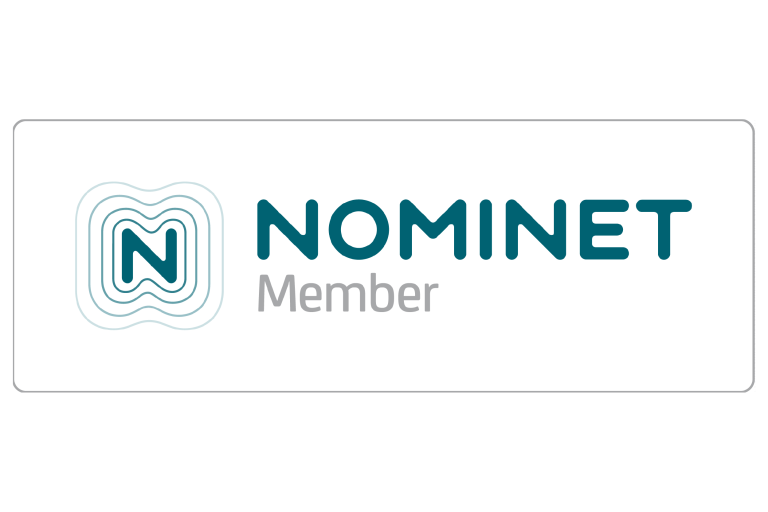 Google Ads allows businesses to connect with people who are interested in their products or services. Improvements are continually being made to make it easier for businesses to reach the right customers through paid search and a new change has just been announced.
Google Ads allows businesses to connect with people who are interested in their products or services. Improvements are continually being made to make it easier for businesses to reach the right customers through paid search and a new change has just been announced.
At the beginning of the month, Google made the announcement that they were expanding the phrase match type to match to more search queries. The broad match modifier option which allows advertisers to specify words will be retired.
An overview of match types
To understand the changes being implemented, here is a brief overview of the existing match types before the changes come into play mid-February.
Broad Match: as long as the search query is contextually similar to the keyword you are targeting, this could be enough to trigger your ad to show. This method is great for increasing reach.
Modified broad match: You choose specific keywords that are required in order for your ad to show. You can add these keywords by using a plus sign in between the words. Your ads will only show for queries that contain ALL of the words. However it doesn’t matter which order these words appear
Phrase match: This is similar to modified broad match in that your ad will show for queries that have your target keywords in the search query. However, the order does matter in this scenario. Google have been working on expanding this type in order to consider the intent of the user.
Exact march: Advertisers choose a specific phrase for where you want the ads to show and is the most precise way to use keywords.
Moving forward, advertisers will only be able to choose from the following options: broad match, phrase match and exact match. The changes should make keyword targeting easier as having fewer options simplifies the process. According to Google, the improvements being made should help advertisers “reach the searches you want by using phrase match- without worrying about the searches you don’t want.”
When are the changes happening?
The changes will start coming into play from February 18th, however broad match modifier keywords will still be able to be used until July. The changes are being made gradually to minimise any disruption caused.
Can advertisers do anything to prepare?
Although there is nothing advertisers have to do, it may be beneficial for advertisers to monitor their budgets closely as the changes may cause the traffic to fluctuate. The recommendations from Google should be reviewed often and negative keywords should continue to be used.
What do these changes actually mean to advertisers?
There are potential advantages and disadvantages to this and the true impact will not be able to be completely known until the change is rolled out. However, Google says that the change will “bring the best of broad match modifier into phrase match” and overall help reach more of the right customers.
One thing is for certain, advertisers will need to keep a keen eye on this change and adjust bidding strategies as well as their approach to negative keywords more stringently in the future.









